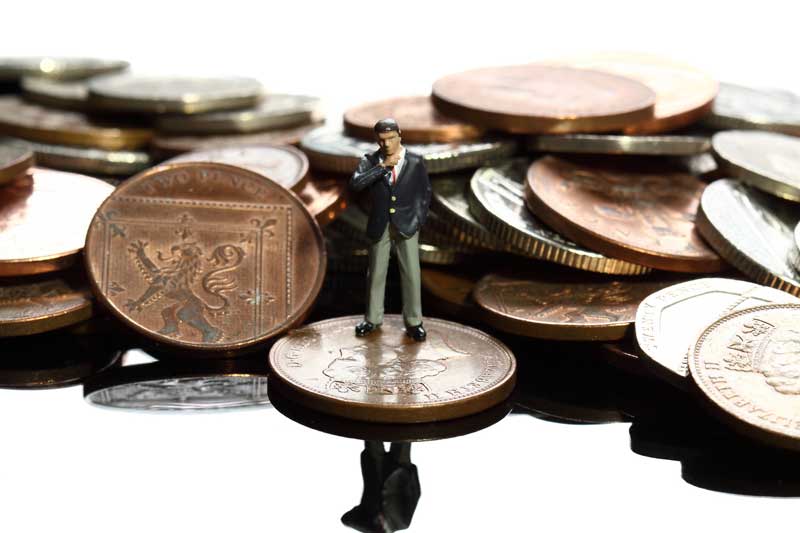06
May 2016
Consumer Borrowing and Household Debt Rise in Q1
The latest statistics from the Money Charity show that over the first quarter of this year, lending to individuals continued to rise as more and more people take out credit cards, loans and mortgages. Part of the reason for this increased spending and borrowing is that the Bank of England’s base rate of interest has keep kept at its low 0.5% for almost seven years now. Consistently low interest rates have caused net lending to individuals went up by £9.3 billion in March this year, while net lending accounted for my mortgage lending went up by £7.4 billion. The average interest rate on these mortgages in March was just over 2.9%. Credit card use is also high, with around £1.57 billion being spent on plastic every day in the UK – with almost 100 purchases made every second on credit cards alone, with a value of £5,414. All of this shows that the current economic climate is one that is really favouring borrowers, more so than savers. However, while it is certainly a good idea to take advantage of low rates, it’s important to remember than lots of borrowing can lead to lots of debt if you’re not careful. The statistics reflect this; as spending and borrowing goes up, so too does personal debt. In fact, by the end of March this year, the amount of money owed by individuals in the UK reached a total of £1.474 trillion, up from £1.434 trillion in March 2015. This amounts to £54,597 per household, or £29,190 per adult. This is around 111.9% of the average salary in the UK. Luckily, if you do find yourself facing growing debt, there are several ways out. If you owe money to more than one creditor and you’re struggling to keep up with payments, you could reduce the size of your debt (typically by 50-60%) and make your repayment process much easier by applying for an Individual Voluntary Arrangement with Money Expert. Click here to apply





